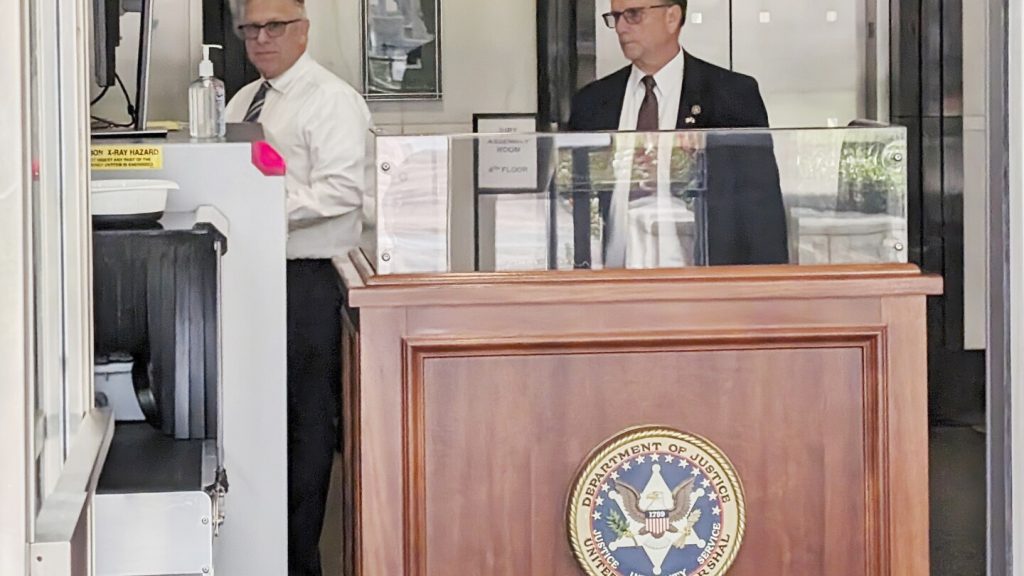Apple executive Phil Schiller recently testified in a federal court in Oakland, California, regarding a court-ordered makeover of the U.S. payment system in the iPhone app store. Schiller admitted that the new payment options introduced in January have not significantly increased competition, as very few apps have taken advantage of the alternative payment links. This admission comes in the midst of ongoing hearings to determine if Apple is complying with an antitrust order to allow alternative payment options within its app store.
U.S. District Judge Yvonne Gonzalez Rogers, who rejected the monopoly claims made by Epic Games, ordered Apple to lower the barriers protecting its in-house payment system and allow developers to display links to alternative options. This move could potentially undermine Apple’s lucrative payment system, which generates billions of dollars annually through commissions on digital transactions completed in iPhone apps. Apple complied with the order in January, setting up an application process for alternative payment links and imposing fees when users click on those options.
Epic Games raised concerns that Apple’s commissions for external payment links, combined with other costs, make the alternative options more expensive than using Apple’s standard payment system. The judge is now considering holding Apple in contempt of her order and taking further actions to give consumers more payment choices. Throughout the hearings, Gonzalez Rogers has expressed frustration with Apple executives, questioning their focus on profit margins rather than fostering competition and lowering prices through increased choice in payment methods.
During his testimony, Schiller defended Apple’s response to the court’s order as aimed at promoting competition while ensuring user privacy and security. However, he struggled to explain why so few apps have sought approval for external payment links. Only 38 apps have applied for approval and just 17 are currently engaged in digital transactions using external payment options, out of the 136,000 apps that completed transactions in the U.S. Schiller acknowledged the need to encourage more apps to utilize external payment options and has pledged to take action to address this issue.
The hearings are set to resume on May 31, with Schiller scheduled to continue his testimony. The outcome of these hearings could have significant implications for Apple’s payment system and the overall app store ecosystem. As the debate over competition and choice in the app store continues, both Apple and developers will be closely monitoring the court’s decisions and potential enforcement actions. The impact of this legal battle on the future of mobile app transactions remains to be seen.


